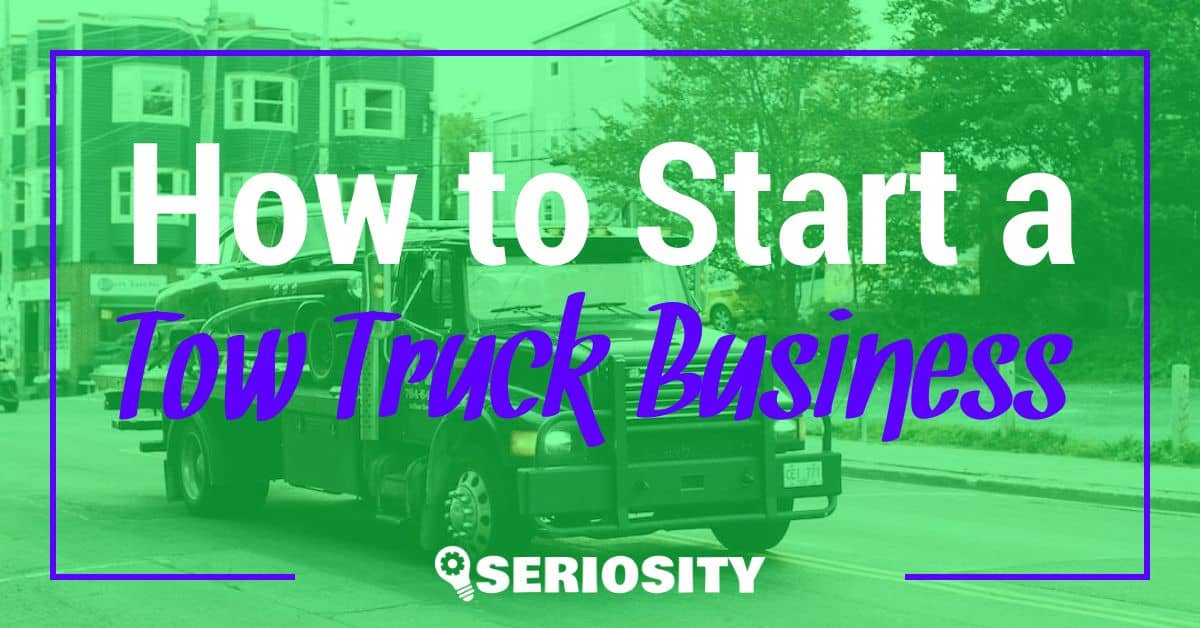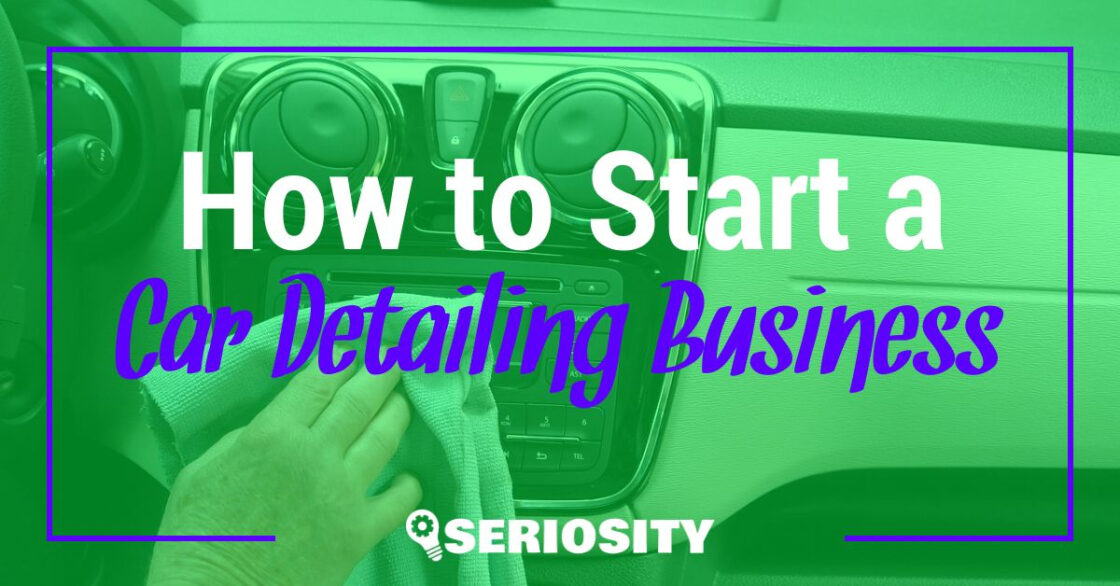Tow truck operators provide valuable services to the community that often go unappreciated. Despite that, there’s good money to be made in this venture for those who are willing to put in the work. If you’ve held off on looking up how to start a tow truck business because you don’t feel it’s profitable enough, that is truly not the case.
Still, starting a tow truck business is not as easy as you might have assumed. You have to meet numerous requirements before you can start operating legally. Learn more about the many steps involved in launching a tow truck business by continuing below.
Prepare the Capital for Your Tow Truck Business
Your priority as someone planning to start a tow truck business is to put together sufficient capital for that venture. What kind of capital are we talking about here? At a minimum, you want to start with a capital of $200,000.
Since the ideal starting capital for a tow truck business is a bit on the high side, you will probably need to secure a loan of some kind. If you’re having trouble securing funding, you should focus on getting a loan for the tow truck instead. You may have an easier time finding an organization that will bankroll that specific purchase instead of your entire business.
Choose a Name for Your Tow Truck Business
While thinking of a name for your tow truck business, you want something easy to remember that will also work well with common search engine results. It doesn’t have to be anything especially clever, but it should be unique.
Basically, you want your chosen name to boost your business’s visibility. That takes priority over everything else.
Register Your Tow Truck Business as an LLC with a State Agency
Technically speaking, you can register your tow truck business as a sole proprietorship, but we don’t recommend doing that. If your tow truck is involved in an accident, your assets may be exposed during litigation because of the way your business is set up.
Instead of registering your tow truck business as a sole proprietorship, you should aim for an LLC designation to start. The LLC designation protects your assets in the event that your tow truck is involved in some kind of legal dispute. Even if your business goes under, the protection provided by the LLC designation can help you avoid the worst-case scenario.
Settle on the Towing Services You Want to Provide
Towing companies can engage in both consensual and non-consensual towing. In consensual towing, a company only hauls a vehicle away after they were specifically instructed by the owner to do so. Non-consensual towing occurs when anyone but the owner of the vehicle to be moved requests the towing service.
You can engage in consensual towing as long as your business possesses the basic permits and licenses. However, your business may only be cleared to perform non-consensual towing if you secured specific permits from the local government beforehand.
Sticking to consensual towing simplifies your business operations, but it also reduces how profitable your business can potentially be. Then again, engaging in non-consensual towing often requires dealing with angry vehicle owners so there is greater risk inherent to that.
Select a Location for Your Tow Truck Business
The location of your tow truck business will help determine the areas you cover and the requirements you’ll have to meet. It’s a crucial consideration that can have a major impact on the early days of your tow truck business.
Hopefully, you can find a location for your tow truck business that is both accessible and well-populated. That way, you’ll get plenty of towing assignments and experience little difficulty getting to them.
Purchase Your Tow Truck
Next up, let’s talk about purchasing tow trucks. There are different types of tow trucks for you to choose from. They include:
- Flatbed tow trucks – These are the safest tow trucks available and they are good for hauling cargo across long distances.
- Hook and chain tow trucks – Only use these trucks on wrecked vehicles.
- Oversized load tow trucks –These are great for heavy-duty towing but are also quite expensive.
- Wheel lift tow trucks – Opt for these trucks if you want something versatile and affordable.
The cost of your new tow truck will depend on the type you choose. Some tow trucks are available for around $40,000 while others cost well over $100,000.
Spending upwards of $100,000 on your new tow truck is a tough ask. Still, that kind of investment can easily prove to be worth it in the long run.
Acquire the Required Driver’s License or Hire Qualified Drivers
If you’re planning to handle towing jobs yourself, you need to have the appropriate driver’s license. According to the Federal Motor Carrier Safety Administration, commercial driver’s licenses break down into the Class A, Class B, and Class C categories.
Class A commercial driver’s licenses are suitable for light towing. If you want to take on heavy-duty jobs, you should aim for a Class B license. Notably, there are also endorsements you can acquire that will allow you to take on more towing jobs.
Look for drivers with the appropriate licenses if you intend to outsource the towing jobs. Drivers certified by the TRAA (Towing and Recovery Association of America) are even better hires.
Obtain the Necessary Towing Permits
Aside from the driver’s license, you’ll also need to obtain certain permits if you want to legally operate a tow truck business. The permits you’ll need will vary based on the services you intend to provide.
If you only intend to offer consensual towing, securing the consent to tow permit should suffice. Additional permits are required for non-consensual towing. Those include the private property and indictment management permits.
Obtaining some more permits may be necessary depending on the size of the tow trucks that your business will use. Check with the relevant agencies in your area to ensure that you have all the required permits.
Insure Your Tow Truck Business
Tow trucks are still regarded as vehicles so you will need insurance policies to cover your fleet. According to Insureon, you can protect your business from the common risks that tow truck drivers deal with by purchasing commercial auto insurance plans and general liability coverage. Unless you’re operating your business in Texas, you will also need workers’ compensation coverage if you’re hiring drivers.
Will those policies offer enough protection? That depends in part on the kind of stomach you have for risk. You can always improve your protection by purchasing other policies.
Uninsured motorist coverage provides protection against uninsured drivers while umbrella insurance can help cover the shortcomings of your existing plans. On-hook coverage protects you from liability if the vehicle your truck is towing sustains damage. Meanwhile, wrongful possession insurance will come into play if one of your drivers hauls away the wrong vehicle.
There is a considerable amount of risk involved in towing vehicles so obtaining as much coverage as you can is not a bad idea. Working with providers that already have plans specifically made for tow trucks is also a good idea.
Utilize Route Planning Software
Time is of the essence for tow truck businesses. If you have a tough time meeting towing requests quickly, you will likely lose customers fast. To avoid that potential problem, you should invest in some route planning software.
By using route planning software, you’ll be able to give your drivers the most efficient routes to their designated tow sites. Route planning programs worth trying include Onfleet, Routeware, and Routific. Start using those programs to improve your services and watch more requests come in.
Partner with the American Automobile Association
Even if you offer the best towing services in your area, that won’t mean much if hardly anyone knows about your business. You need to elevate your business’s profile and you can do that by partnering with the American Automobile Association (AAA).
Becoming an AAA partner is easy enough if you’ve already completed many of the steps we’ve discussed here. Assuming you have the necessary licenses, permits, and insurance, you can visit your local AAA office and fill out an application there.
After submitting your application, a representative from AAA may get in touch with you. They will likely ask to inspect your vehicles and seek additional information about you and your drivers. If everything is in order, AAA will approve your application and you will become an official partner that they will recommend to stranded drivers.
It’s hard to beat the good press you can get from an American Automobile Association endorsement. If you’re worried about the marketing aspect of how to start a tow truck business, that is the answer you need.





